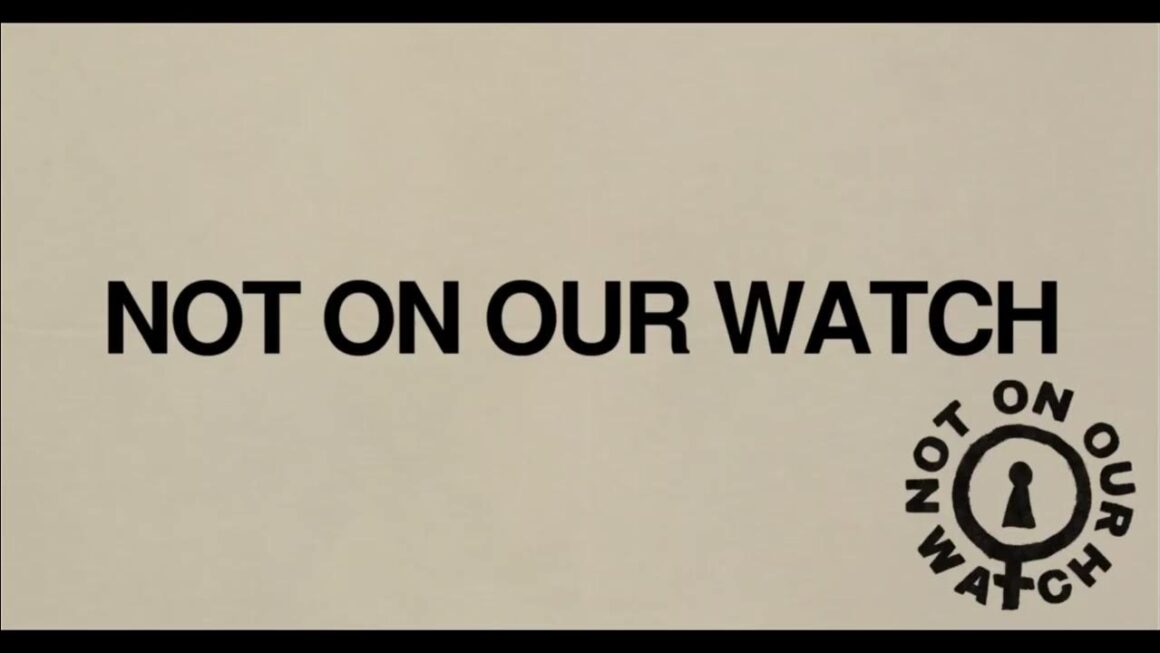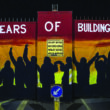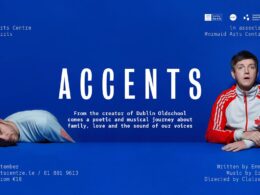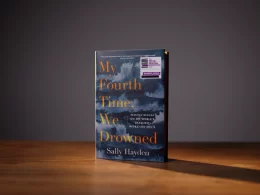By Isidora Durán Stewart
Every struggle against the system leaves a mark in the memory of the working class and oppressed in society. It serves as a reminder to all who suffer under capitalism that it hasn’t always been this way, it doesn’t have to continue this way, and that there is an alternative worth fighting for. That mark resurfaces when ordinary people are inspired into new struggles, and political art will always play a role. The Regina Coeli women’s hostel occupation in West Belfast was an inspiring example of workers taking democratic control of a vital service when it was needed most. Kabosh Theatre Company’s interpretation, Not on Our Watch, means that it will now reach even more people, inspiring them to inspire others to take a stand for what they believe in.
The COVID crisis led to governments bringing in sweeping emergency legislation in the form of restrictions on public movement, resulting in mass layoffs and workplace closures. Many employers engaged in this not because they were suddenly poverty-stricken, but to maximise profitability at the expense of their workers. Paired with a decades-long assault on the care industry, services for some of the most vulnerable in society were worst hit. And with care work being overwhelmingly done by women, they were disproportionally affected. This was the case for Regina Coeli, a Legion of Mary-owned hostel for vulnerable women in West Belfast.
Restrictions prohibited room sharing, and many residents, women with mental health and addiction issues, and survivors of abuse and trafficking were evicted by management to mixed-gender hostels, and if they objected, homelessness. These changes were followed by management callously announcing the closure of the building due to ‘structural issues’ and dismissal of the workers two days before they were eligible for redundancy, meaning eviction for the remaining residents and instant unemployment for the workers. The actions of a supposedly ‘charitable’ religious organisation aligned it with the most parasitical landlords and bosses in society.
Unlike the Legion of Mary, who were rarely on-site nor showed much interest in the residents, the workers who were there every day knew how necessary Regina Coeli was as the only women’s hostel in the North. In the face of management’s threats and to protect the remaining residents, the heroic women staged a ‘work-in’, refusing to leave the building while continuing with their vital work inside.
The determination of the workers is palpably evoked in Not on our Watch. Three actors, Bernadette Brown, Catriona McFeely and Rachael McCabe, represent three fictionalised workers in place of the six who occupied the hostel, as well as some of the hostel residents, city councillors and union representatives, including Socialist Party and ROSA member Susan Fitzgerald of Unite the Union who represented the workers throughout their occupation.
The cast’s humanistic depiction of the workers is compelling, from their disgust at the reckless actions of the Legion of Mary to their concern for the well-being of the residents (drawn from their own experiences of homelessness, addiction and abuse) to their doubt when faced with intimidation by management and ultimately to the political clarity they reach by consequence of their struggle. Their dialogue is punctuated by one of them breaking into song and the others following – a lighthearted detour from their tactical discussions but one that only reaffirms their unity in struggle. The original song ‘Not on our Watch’ by Katie Richardson and performed by the cast, perfectly encapsulates the worker’s fortitude.
Not on our Watch is most poignant when the workers link up their fight with others. Mentioning the murder of Aisling Murphy in the South, the rates of domestic violence, mental health and addiction issues in the North, and the support they receive from the East Belfast Harland and Wolff workers (who had staged an occupation of their own in 2019), the workers begin to recognise their occupation as part of a much bigger fight against gender-based violence, against church-state collusion, and sectarianism.
This is a political play in every sense of the word. Not only does it tell a story, it consciously serves as a call to action. It ends with the actors telling the audience that Northern Ireland is the most dangerous place in Europe for women, with 18 being murdered since the beginning of 2020. Director Paula McFetridge echoes this in her closing words, saying that her aspirations for the production are that it inspires audiences to consider themselves as activists in the fight against all of the issues raised by this struggle.
The Regina Coeli occupation is a shining example of solidarity, of the workers with each other, the workers with the residents, the residents with the workers and the local community with everyone inside the hostel. Not on our Watch does not mark the end of their struggle, but the beginning – of which we can all play a part.












